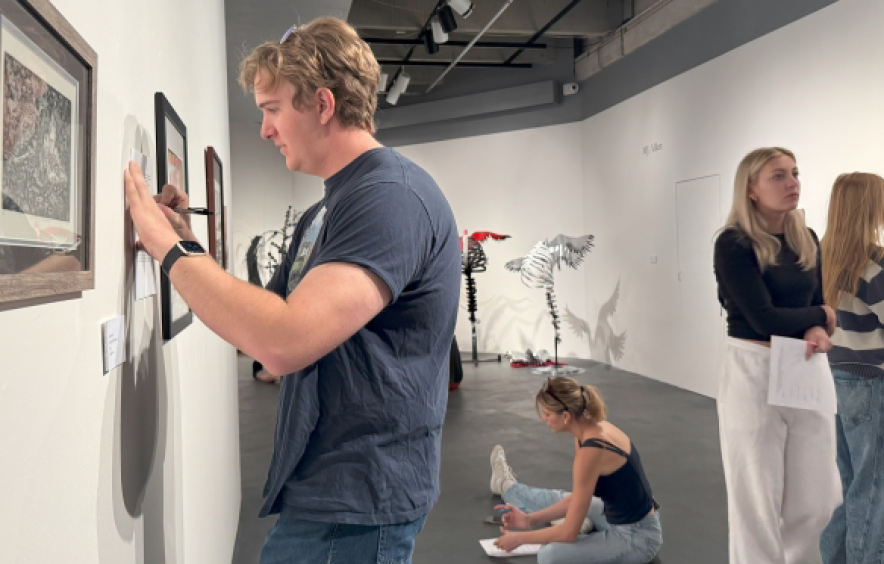Our Mission
Our mission is to identify ways we can:
- better understand who we are as members of cultures, groups and families;
- examine and critique ideologies and structures that constrain our contact with each other;
- identify ways to deliberate and reach just decisions in public, organizational and personal contexts;
- create the means for dialogue and collaboration during conflict and struggle.
First, we are committed to developing philosophical accounts of the nature of communicative activity. Second, we are committed to understanding how communicative action works to form and transform our public and civic identities. Third, we are committed to producing reflective criticism of communicative activity in all of its textual and performative modalities.
Our department has long avoided choosing between teaching and research, micro and macro views of communication or theory and practice. Instead, we have encouraged the dialectic between them. We are a teaching department that places high priority on making our own contributions to new knowledge about communication. Our scholarship variously follows both social scientific and humanistic approaches. We refuse to privilege one research method over another.
In brief, throughout its history, our department has been intrigued by theory and dedicated to making contributions to it, yet we remain focused on practical application. Just as a hundred years ago we were proud to teach people to be good public speakers, today we are committed to advancing quality, ethics and justice as outcomes of communication.




